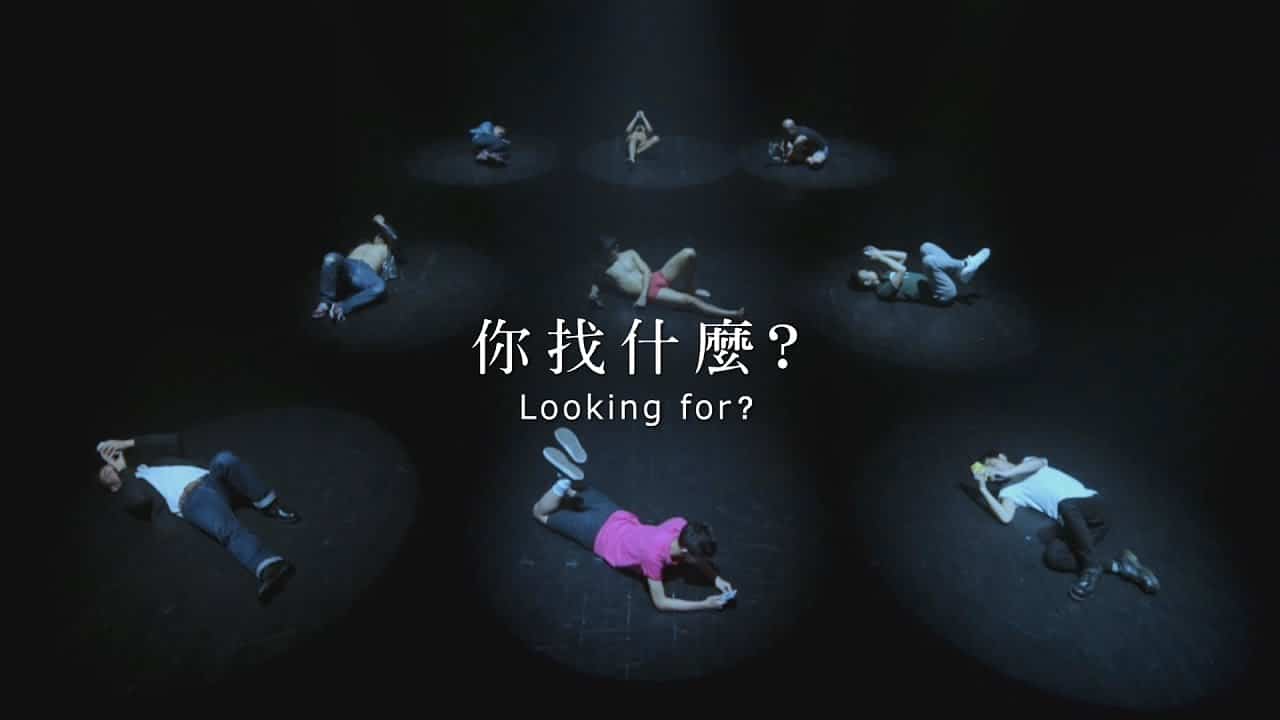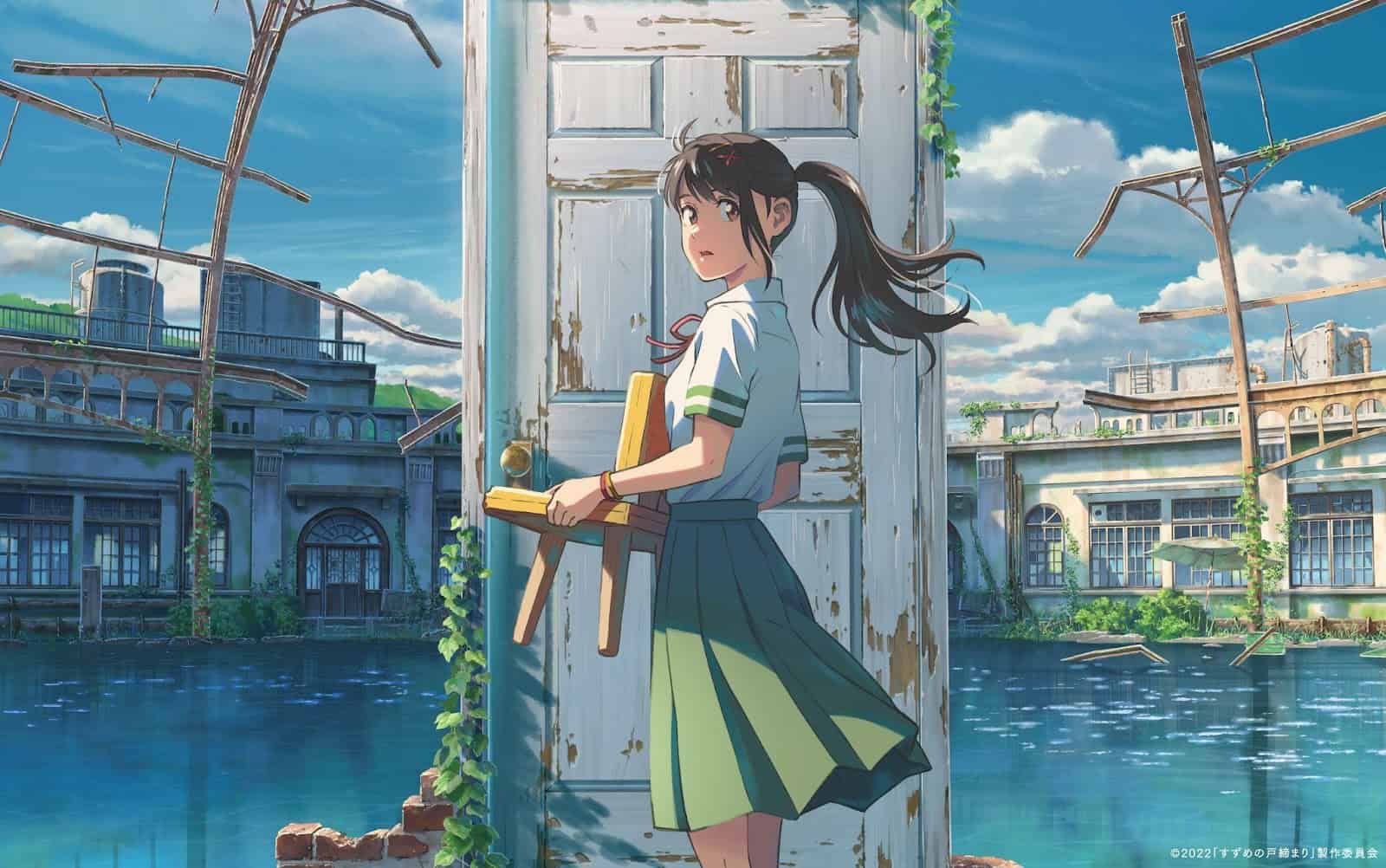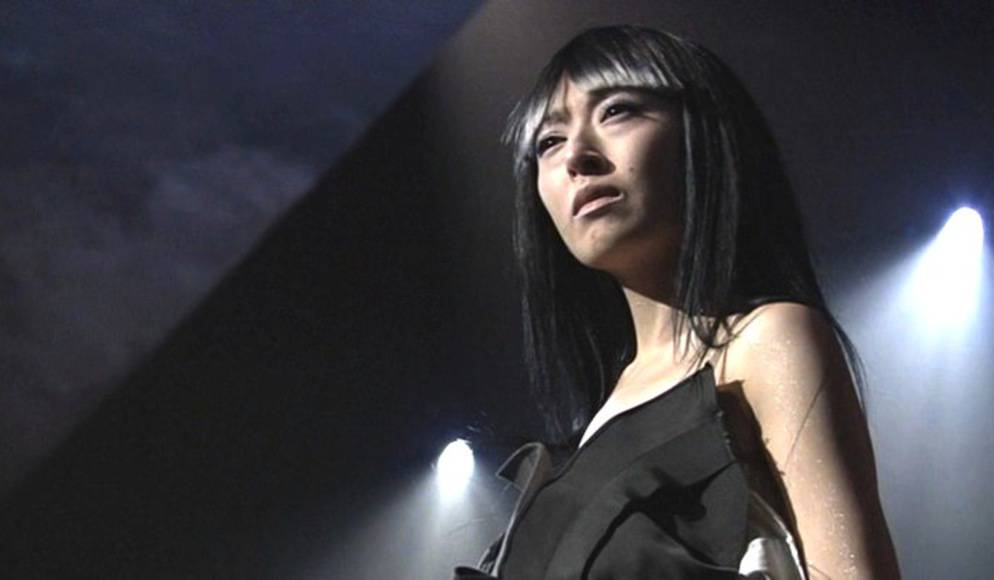Although some people do not like to admit it, there are few modern films which have shaped the way cinemagoers perceive Japan quite as significant as Sofia Coppola's 2003 indie hit “Lost in Translation”. Apart from numerous awards and honors the film's crew and cast received for their work on the film, perhaps the most important aspects to it was that it propelled the careers of Sofia Coppola and actress Scarlett Johansson, as well as how it changed the way actor Bill Murray was seen by moviegoers. Until now, many critics and moviegoers alike name the film as one of the most important titles of the last twenty years, a work whose influence can still be felt today.
“Lost in Translation” will be screened by Japan Society

However, as the film was released in Japan, the reception from audiences and critics alike was somewhat lukewarm. In his article for The Christian Science Monitor, author Robert Marquand states how the film was accused of using Japanese stereotypes for the comedy in the film as well as within the context of its themes of alienation and isolation. Accusations go so far as to call the film and its portrayal of the Japanese downright racist.
Before we go any further, let us recapture what happens in the film. Aging actor Bob Harris (Bill Murray) travels to Japan to star in a commercial for a Japanese brand of whiskey. While he would prefer acting in a film or on stage, he actually looks forward to get away from his marriage for a while. However, he is unable to sleep and to find his way in the Japanese capital, staying in his hotel room or the hotel bar which is where he meets Charlotte (Scarlett Johansson) and befriends her.
Equally lost in Japanese culture and the language, she and Bob become more or less inseparable, especially after Charlotte's husband, a star photographer John (Giovanni Ribisi), has to go on a long trip with a Japanese rock band. During their time in Tokyo, they both attempt to tackle and talk about the crisis in their lives, their feelings of being stuck and how to proceed with life.

Perhaps the various plays with words, the instances of the characters being “lost in translation” have become the most infamous scenes in the film. Starting with the escort girl telling Bob to “lip” her stockings or the director of the commercial demanding “more intensity” (even though he clearly says more than that, as Bob even states, highlight not just cultural cliches (Japanese people cannot pronounce “r”-sounds) but also the fundamental differences between Western and Eastern culture. Whereas the majority of the scenes in Tokyo's nightlife, its clubs or arcades emphasize a very different world to the ones the Western characters are used to, they also point at cultural common ground, from the image or rather pose of the rock star, action movies, video games as well as pop songs such as the ones performed by the characters in the karaoke scene. There is also a memorable performance of a song by the Sex Pistols by actor Fumihiro Hayashi, named Charlie in the film.
Branding the portrayal of Japanese culture as racist or one-sided fails to recognize the film's narrative and visual context. Of course, the majority of the images are meant to represent a distinctly Western view of the country and its people, a view from people unable to connect with what they see and experience, no matter what it is. There is even a telephone conversation with Charlotte and a friend of hers during which he talks to her about that specific problem. Considering Bob's emotional detachment towards his marriage – or at least that is how he defines it –, it is only logical this state of mind has affected his way to see the world as well. Since both of these characters have lost their ability to communicate their needs, to connect to their emotional center, having a sometimes strangely and distorted way to perceive the world around them seems only logical. Much like Marcello Rubini (Marcello Mastroianni) in Federico Fellini's “La Dolce Vita”, screened during on television in one of the scenes of “Lost in Translation”, there is a strong feeling of disconnect within these characters, making their issue and attempt to deal with it a more universal tale.
“Lost in Translation” remains a funny, profound and quite touching film about emotional detachment, a state of crisis in one's life and if there is a way to solve it. Coppola has continued exploring these issues in her films, most importantly the even better “Somewhere” with Stephen Dorff, but has managed to make a very relatable film about these aspects with incredible performances, a great score and great cinematography by Lance Acord.















